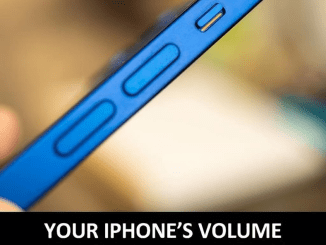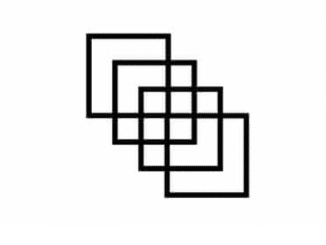Have you ever wondered why some genuinely good, hardworking people seem to get left behind—while others with less merit seem to rise with ease? The image above says it all: “A bad system can destroy good people.” It’s not just a catchy quote—it’s an uncomfortable truth we often overlook. So let’s break it down, and see how the environment we operate in can sometimes matter more than our individual efforts.
The Illusion of Personal Failure

We’re taught to believe that success or failure depends solely on our personal choices. Work hard, stay honest, be disciplined—do these, and you’ll win, right?
Well… not always.
What if you’re in a system that punishes innovation, ignores effort, and rewards conformity over creativity? No matter how good you are, a flawed framework can turn your virtues into liabilities. That’s not failure. That’s sabotage—by the system itself.
When Good People Get Pushed Off the Edge
In the image, we see people marching one by one across a giant hand pointing outward. As they walk, the hand flicks one of them off. The person falls—not because they did anything wrong, but because the system chose to remove them.
This scenario plays out in workplaces, schools, governments, and institutions across the globe. Maybe it’s the whistleblower who got silenced. Maybe it’s the creative thinker who didn’t “fit in.” Or maybe it’s the honest worker who refused to play dirty politics.
Video : The Illusion of Self
The Silent Killers of Progress
So what exactly makes a system “bad”? Here are just a few common culprits:
- Favoritism over merit: When promotion goes to friends, not performers.
- Punishing honesty: When truth-tellers face backlash instead of applause.
- No room for growth: When the only way to survive is to stay average.
- Toxic leadership: When managers care more about power than people.
- Lack of accountability: When mistakes are swept under the rug—or blamed on the innocent.
These aren’t just annoying traits. They’re system-wide landmines that can blow up careers, creativity, and human dignity.
The Ripple Effect: It’s Bigger Than One Person
When one person gets “flicked off” the system, it affects more than just them. It creates fear among the rest. “If that could happen to them, what about me?” So, people stop speaking up. They stop standing out. The whole group starts to shrink into silence. And guess what? That’s exactly how bad systems survive—by silencing the very people who could fix them.
Spotting the Signs Early
How do you know you’re in a toxic system? Start asking yourself:
- Are the best ideas being ignored or punished?
- Do people feel unsafe being honest?
- Are bad actors constantly rewarded or protected?
- Are good people quietly disappearing from the group?
If you’re nodding your head, you’re not imagining things.
So What Can We Do About It?
Here’s the hard truth: You might not be able to fix the whole system overnight. But you can challenge it.
- Speak up when it’s safe. Even if it’s subtle, your voice matters.
- Support the people who get pushed out. Let them know they’re not alone.
- Build small pockets of integrity. Even within broken systems, you can create micro-environments of fairness and respect.
- Call out unfairness—strategically. Be smart. Be persistent.
- If all else fails, leave. Protect your peace. Sometimes, walking away is the bravest act of rebellion.
Video : The illusion of self and the illusion of free will, explained | Annaka Harris
Why Systems Matter More Than Slogans
“Work hard and be nice” sounds great on paper, but it only works when the system around you rewards those values. If it punishes them? Then being good becomes an uphill battle. The truth is, we rise or fall not just by who we are—but by the structures we operate in.
That’s why reforming systems isn’t just about fixing rules or policies—it’s about protecting people.
Conclusion: Don’t Blame the People. Fix the System.
At the end of the day, we need to stop blaming individuals for sinking in systems built to drown them. The image reminds us of this uncomfortable—but vital—truth. Good people can be destroyed not because they’re weak or wrong, but because the platform beneath them was never built to hold them.
So next time you see someone fall, don’t just ask, “What did they do wrong?”
Ask instead: “What’s wrong with the system?”
Because when we stop pushing good people off the edge, we give everyone a chance to rise.


